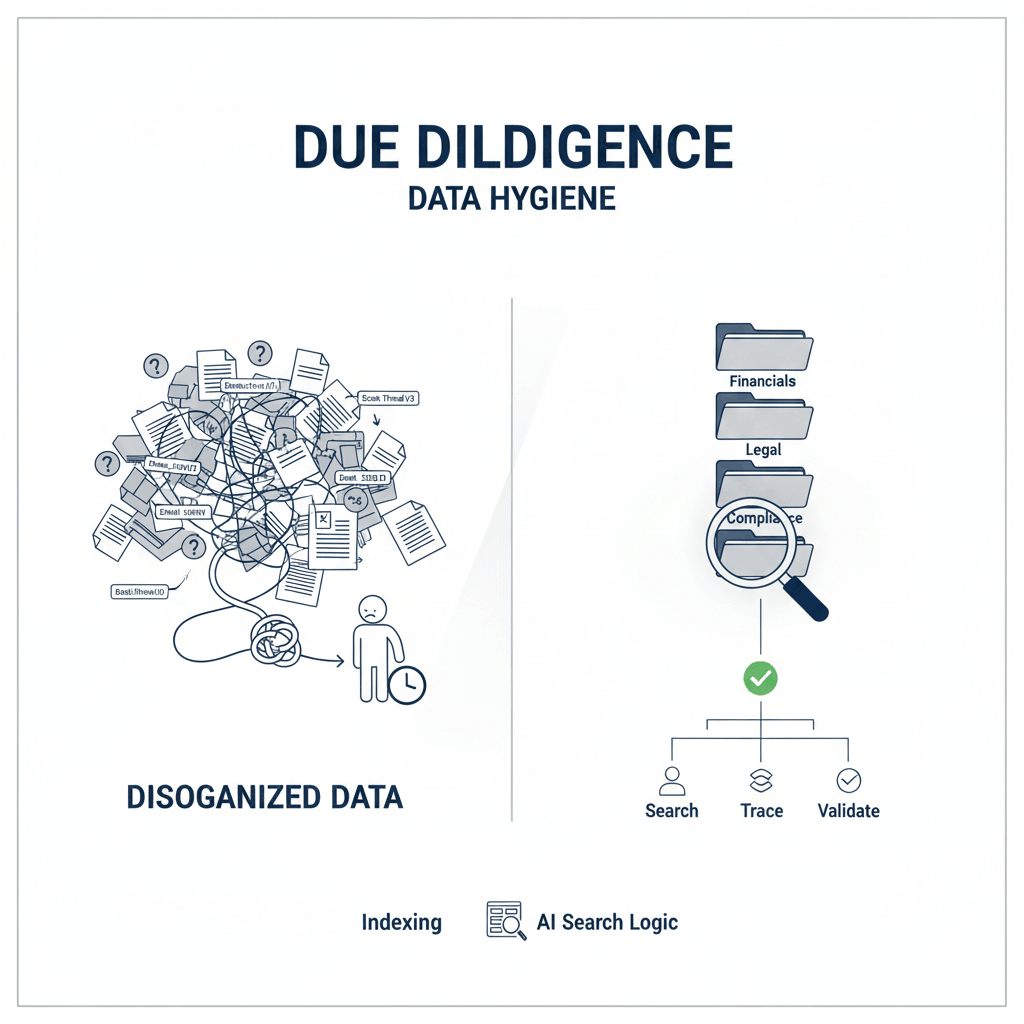Before one plan to commence its business operations, it is mandatory to register the business. Depending on the nature of the business, one must complete the registration formalities with the relevant statutory authority to give it a legal form.
Private companies are the most popular form for starting a new business as it provides some key benefits, such as:
- Separate legal entity
- Perpetual succession
- Common seal
In India, private companies are governed by the Company Act, 2013 under the administration of the Ministry of Corporate Affairs which regularly formulates and releases rules/regulations that every company must comply with. A company which has been incorporated in India must ensure compliance with the Companies Act, 2013.
The company law mandates various legal compliances that need to be adhered to by private companies. Some of these are reporting of financial statements, reporting of changes in management, maintenance of statutory registers, auditing of accounts etc.
A brief information of the relevant compliances has been discussed below:
- Application for Director Identification Number (DIN): Every individual intending to be appointed as a Director shall make an electronic application in Form DIR-3 with the Ministry of Corporate Affairs for allotment of DIN.
- Appointments of Directors: Every person to be appointed as Director shall provide his/her consent in Form DIR-2 and such consent shall be filed by the Company with ROC in E-Form DIR-12, within 30 days of appointment.
- Holding of Board Meeting (BM): Every company should hold a minimum of 4 Board Meetings during the year, with not more than 120 days gap between two meetings.
- Holding of Annual General Meeting (AGM): Every Company is required to hold an Annual General Meeting on or before 30th September every year during business hours, on a day that is not a public holiday, and at the registered office of the Company.
- Preparation of Minutes of Meetings (MOM): Minutes of every General Meeting, Creditors, Board, and Committee shall be prepared and kept within 30 days of the conclusion of every meeting concerned. All appointments in the meeting shall be included in the minutes.
- Filing of Disclosure of Interest of Directors: Every director shall disclose in Form MBP-1 his/her concern or interest in any company, body corporate, firm, or other association of individuals.
- Alteration in Memorandum and Article of Association: Every alteration of Articles and Memorandum shall be filed with the Registrar together with a copy of altered Articles, notice of meeting and Special Resolution within 30 days of passing Special Resolution. Every alteration made in Memorandum and Article of Association shall be noted in every copy thereof.
- Maintenance of Statutory Registers: Every company shall maintain the relevant statutory registers in the specified format at the office premises.
- Appointment of First Auditor: Every company shall appoint the first auditor within 30 days of incorporation, who shall hold the office till the conclusion of 1st AGM.
- Appointments of Subsequent Auditor: The Board of Directors shall appoint the auditor in the first AGM of the company, who shall hold the office till the conclusion of 6th AGM. The company shall file Form ADT-1 within 15 days from the date of appointment. The Shareholders will ratify the appointment of Auditor in every AGM.
- Filling of Financial Statements: Every company is required to file its Financial Statements within 30 days of its Annual General Meeting with the Registrar of Company in E-Form AOC-4.
- Filling of Annual Returns: Every company is required to file its Annual Return with the Registrar of Companies within 60 days of Annual General Meeting in E-Form MGT-7.
There are event-based compliances as well which get activated , in the case the particular event happen, as in :
- Change in Director or Key Managerial Person
- Increase in Authorized Share Capital
- Increase in Paid up share capital (Issue of Securities)
- Change in Registered Office of the Company
- 5. Filling of Resolutions and Agreements with Registrar of Companies, etc.
The company has to keep track of all such events for timely fulfilment of its statutory duties.
Here, it is critical to note that a company’s responsibility to comply with the rules/ regulations within the Companies Act, is NOT a one-time event, but rather a continuous process.
Conclusion
Incorporation of a business is a one-time activity but running a business is a continuous activity which should not be taken lightly. The business requires both an ongoing investment of time and effort, and significant knowledge of many financial and regulatory technicalities.
Managing the routine operations of business along with the complexities associated with the company law, can prove to be a little taxing for many entrepreneurs. Hence, it is advisable to seek professional consultation and understand the legal requirements of running a business, in order to ensure timely fulfilment of compliances, without levy of interest or penalty. There are highly competent professionals in the market today, ready to help you at each stage of the business cycle.
Compliance is not just about ‘doing the right thing’, or ‘ticking a box’ but rather defines how you efficiently run your business. It helps to build the investor’s confidence as it depicts a transparent and open work culture within your organisation.
Remember, the cost of non-compliance is always more than the cost of compliance!



